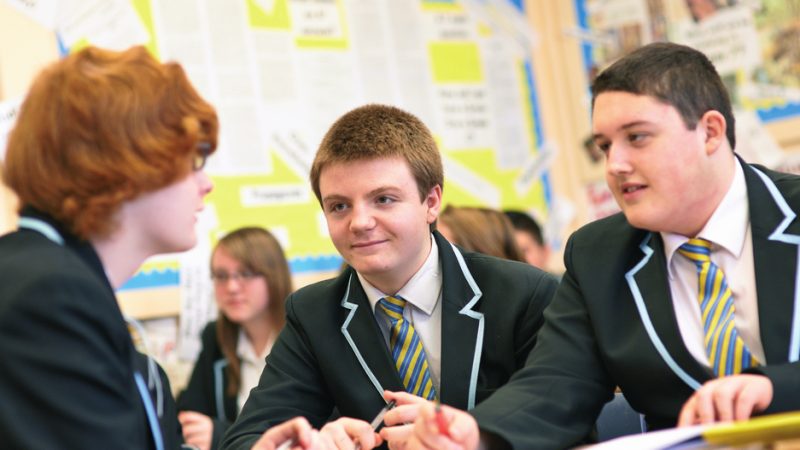MFL trips abroad – How to expand your students’ learning horizons

Sylvia Holland talks us through the ways in which schools can facilitate unforgettable, learning-rich international trips for their students
In an increasingly globalised world, it’s never been more important for students to cultivate the knowledge and life skills required to succeed beyond the classroom, and indeed their own country’s borders.
As an International Baccalaureate (IB) World School, learning about different cultures is embedded in our daily learning at Impington Village College, where we encourage our students to develop international mindsets. On top of this, our international visits to countries in Europe, India and beyond help to consolidate student learning and enable them to put lessons into practice.
Back on track
Learning in a foreign country directly improves our students’ understanding of languages by giving them the opportunity to practise their language skills with native speakers. It’s no surprise to me that research has shown how foreign language skills enhance students’ empathy and understanding of different perspectives. Spending time abroad also plays a huge role in developing students’ self-confidence by equipping them with the skillset to feel confident in new environments.
When I first joined the College nine years ago, there was a well-established foreign exchange programme in place with a partner school in Tours, France. Our international visits have, of course, been suspended for the past two years, but the appetite for travel has definitely returned – to the extent that we have planned a robust programme of international visits for our students during this academic year.
The benefits of international travel for students are clear – but how can a school provide a programme of foreign visits in the wake of not just Brexit, but also a pandemic, resource shortages and budget cuts?
1. Forge relationships
After choosing where you’ll be going, establish links with a school in the destination country so that you’ll have on-the-ground recommendations and support when planning the visit. This also opens up the possibility of future exchange trips.
Our teachers have worked and volunteered across Africa, India and Europe, forging strong connections with other teachers across the world. By leveraging our colleagues’ networks of connections, we have been able to deliver visits to schools such as the IES Santiago Hernandez in Zaragoza, Spain, the SKSN in Jodphur, India, and Gymnasium School in Gernsheim, Germany.
2. Secure funding
Since Brexit and the pandemic there has been a noticeable increase in the costs of flights, but being flexible with our travel dates has enabled us to benefit from the best prices available. Thanks to community and charity funding, government grants and school fundraising, there are multiple avenues schools can explore to alleviate the financial pressures of international travel. Previously, we’ve been lucky enough to receive funding from both the British Council’s Connecting Classrooms scheme, and The Turing Scheme.
3. Allow enough time
Safeguarding legislation requires us to ask all the host families assisting with our exchange programme to complete a DBS check. We have appointed a dedicated administrator to coordinate the necessary documentation, which has facilitated the planning process enormously.
While we’ve managed to successfully plan an international trip in just six months, I’d recommend starting the process a year in advance. This will allow time to secure your partner school, research and book activities, arrange student and staff accommodation and, most importantly, overcome students’ natural anxiety about stepping outside of their comfort zone.
We have successfully managed this through our pen-pal scheme, where students exchange regular letters with a student in the destination country ahead of their visit. Students who have previously taken part in an international trip are our most powerful ambassadors – by sharing photos and stories about their experiences, they help persuade their peers to take part in future visits.
Allowing sufficient time for planning, maintaining your professional contacts around the world and exploring all funding avenues will let you harness the renewed appetite for foreign travel, and help deliver a strong programme of school trips abroad for your students.
Sylvia Holland is lead practitioner (KS4) at Impington Village College and Impington International College (@ImpingtonIntCol)










